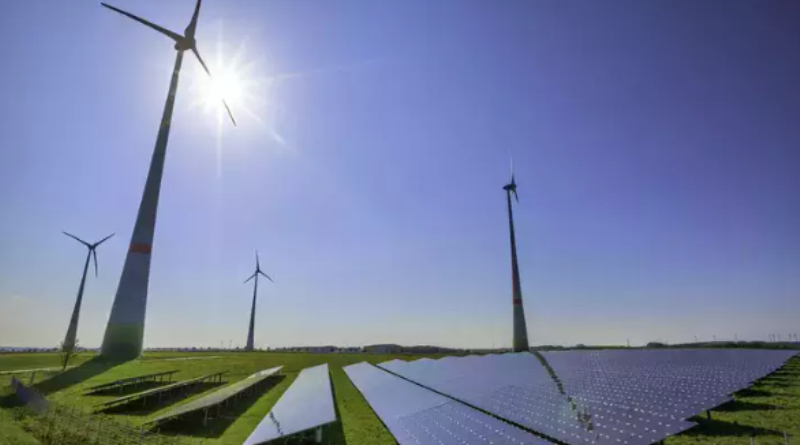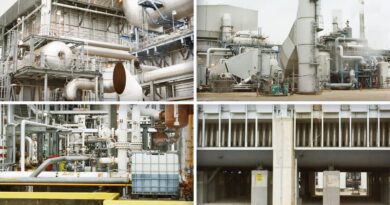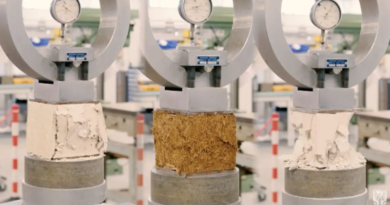Australia to invest $15 billion in renewable energy, critical minerals
The Australian government on Tuesday announced a A$22.7 billion ($15.0 billion) package to boost domestic manufacturing and renewable energy as the country seeks to reduce its reliance on foreign suppliers for key technologies.
Details of the Future Made in Australia package announced in the government’s annual budget included billions in subsidies for the emerging critical minerals and clean energy industries and efforts to reduce red tape for investors in the sector.
The spending will be made over the next decade and comes as major economies invest billions to support clean energy projects and compete with China in manufacturing electric vehicles and semiconductors, seen as vital for prosperity and national security.
Australian Treasurer Jim Chalmers said the budget invested in the country’s ambitions to become a “renewable energy superpower”.
“The world is committed to net zero by 2050,” Chalmers said in his budget speech. “This will demand the biggest transformation in the global economy since the industrial revolution.”
The package will introduce tax incentives worth A$7 billion for the processing and refining of 31 critical minerals and A$6.7 billion for renewable hydrogen production from the fiscal year ending June 2028 to the 2039-40 fiscal year.
Additionally, A$1.5 billion will support investment in the domestic production of solar panels and the battery supply chain.
While Australian factories enjoy close proximity to essential raw materials used in production, they have for decades struggled to compete globally due to high labour costs and distance from major international markets.
Australia wants to build a battery chemicals industry to reap more value from its mineral wealth, but the nickel sector is facing thousands of job cuts after a jump in Indonesian supply saw prices plunge.
Earlier this year, Prime Minister Anthony Albanese’s government classified nickel as a “critical mineral”, allowing the local industry access to billions of dollars in cheap government loans.
Source: Reuters




